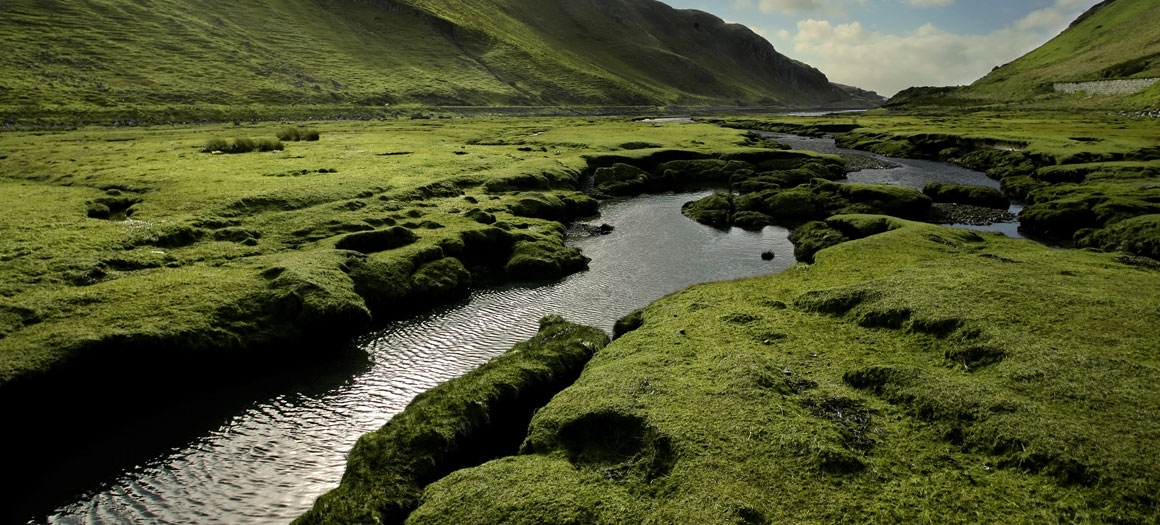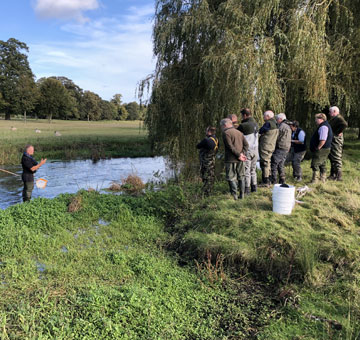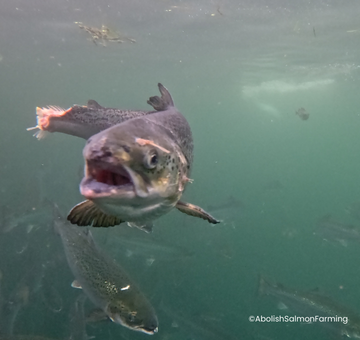How gifts in wills help
In the UK, 13% of freshwater species face risk of extinction. With your help we can continue to protect wild fish from the pressures that threaten their survival: pollution, fish farming and climate change.
Our work is possible thanks to the support of people who leave us a legacy.
They have helped us to:
- Fund research and gather scientific evidence
- Lobby Governments
- Challenge water policies and regulation
Our legacy promise
We recognise the importance of this type of donation and make the following promise:
- You and your family will be treated in a respectful and considerate manner
- Your legacy donation will be used in accordance with your wishes
- We will always respect your wishes and decisions
- We will always respect your privacy
- We understand that circumstances change. There may be a time when you need to take WildFish out of your Will. This is your choice, and we respect it
Legacy story
Christopher Hands: a legacy for Scotland and England
Christopher Hands lived in Scotland and was a member of Salmon & Trout Conservation (now WildFish) for many years. When he died, Christopher left two gifts in his Will to support our work in Scotland and England. We are very grateful to Christopher for thinking of us and for such generosity.
Christopher’s gift to Scotland has been put to work in our lobbying of the Scottish Government over open-net fish farming in Scotland and its harm to wild fish.
His gift to England was used in holding the Environment Agency to account with regard to pesticides being discharged into the River Itchen in Hampshire.





